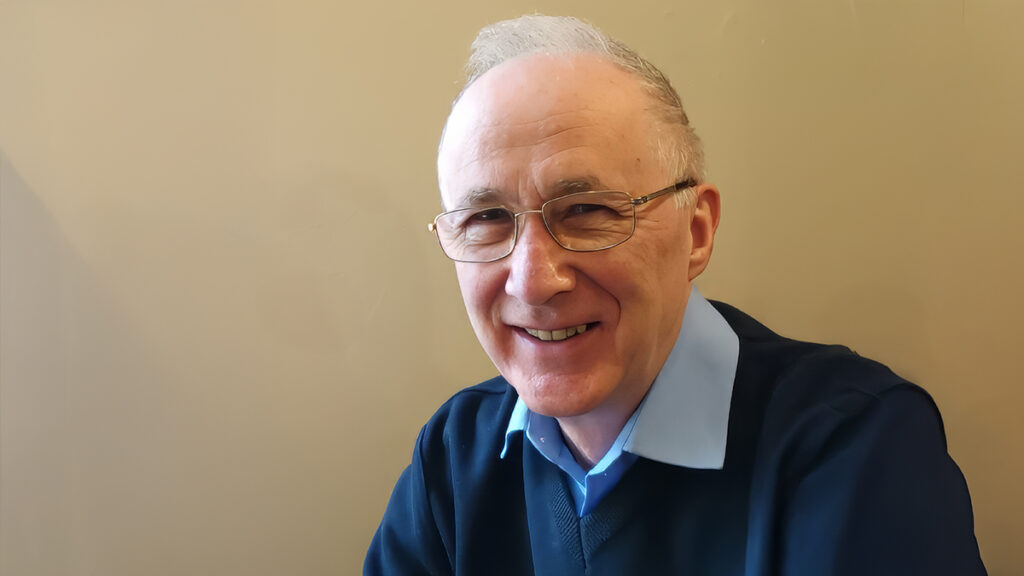Synodality is a move away from traditional top-down models common in business, the military, and the Church.
Instead of decisions handed down by those in power, Synodality encourages respectful listening, especially across disagreement, in the hope of reaching decisions with broad support and deeper understanding.
Synodality invites the Church to take four steps toward resolving difficult issues:
- Encounter
- Listen
- Discern
- Act
So where are we now in the Synodal process Pope Francis initiated?
We’ve seen this method unfold across parishes, dioceses, national and continental gatherings, culminating in the Synods of 2023 and 2024—where lay people were given a vote for the first time.
Between these two Synods, Pope Francis removed 10 of the most contentious issues from the process and handed them to Study Groups, whose reports were initially due in June 2025, but now are expected in December.
The 2024 Synod produced a final report, which Pope Francis endorsed.
That report supports a decentralised Church, allowing local churches to implement reforms suited to their culture.
It encourages both synodal and hierarchical decision-making, giving national churches freedom to adopt either model.
One notable example came in December 2023 when Pope Francis approved blessings for people in “irregular” situations. While many countries welcomed this, others, particularly in Africa, resisted.
In response, exemptions were granted.
The model of unity-with-diversity was tested and arguably held.
Still, tensions remain
I believe the continued exclusion of women from all ordained ministries is an un-Christian stain on the Church.
My hope is that by 2028, when the ecumenical assembly concludes, we will see more parishes led by women who also administer all the sacraments.
Yet many bishops remain unwilling to surrender power.
They resist expanding ordained ministry beyond men—despite lacking convincing theological reasons.
It was disappointing to see Pope Francis, asked by CBS journalist Norah O’Donnell whether a young woman today might ever be ordained, respond with a blunt “No.”
This came just as he launched a Study Group to explore the possibility of women deacons. That contradiction felt like an own goal.
The Synods on Synodality have reaffirmed that baptism, not ordination, is the foundational qualification for leadership in the Church.
The widening gulf between laity and clergy must be addressed.
We need Synodality embedded at every level: community, parish, diocesan, national, continental, and Vatican.
Here’s a thought: Could Pope Leo XIV set the tone by reforming the C9 advisory group Pope Francis established?
Might he include women and lay people in that circle of influence?

- Colm Holmes is Chair of “We are Church International”.

